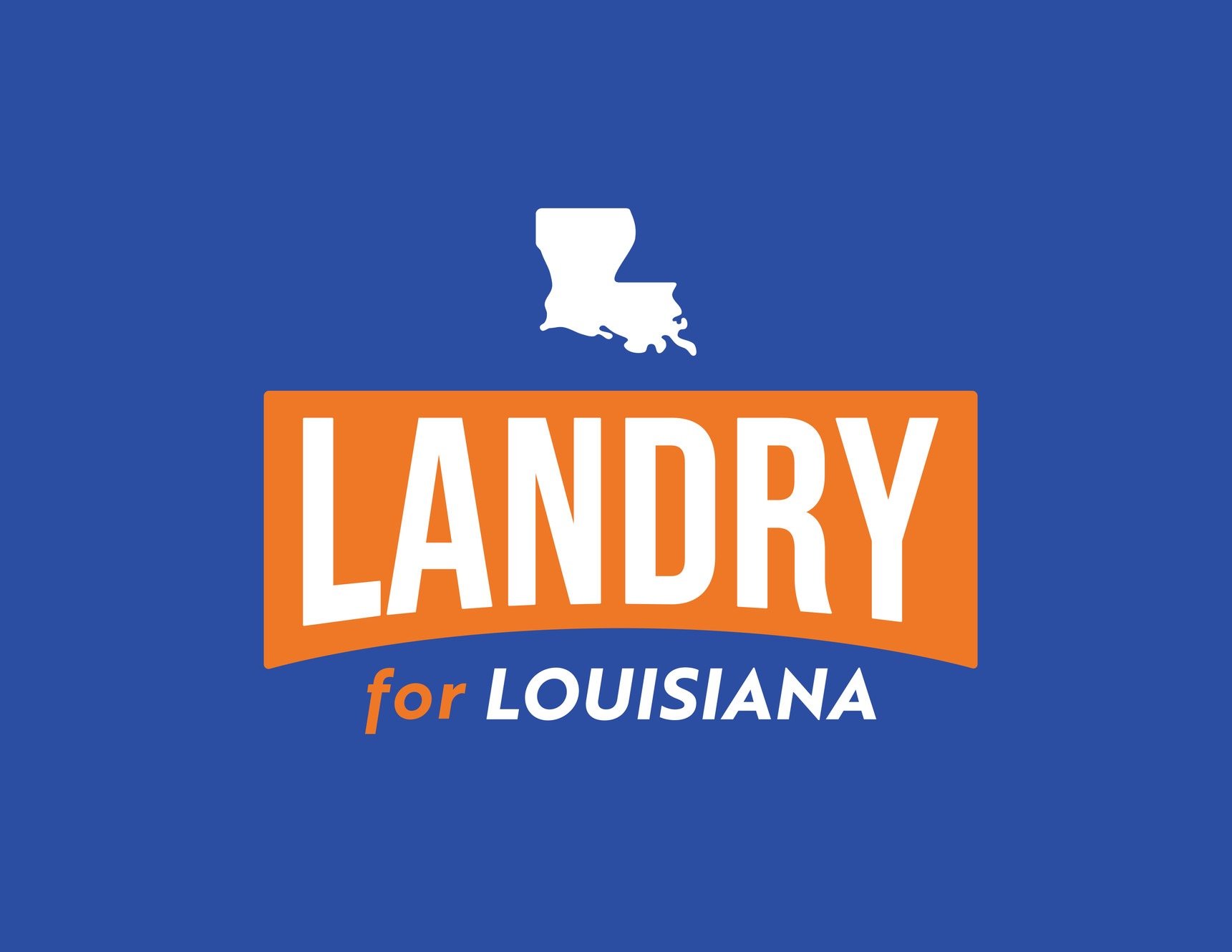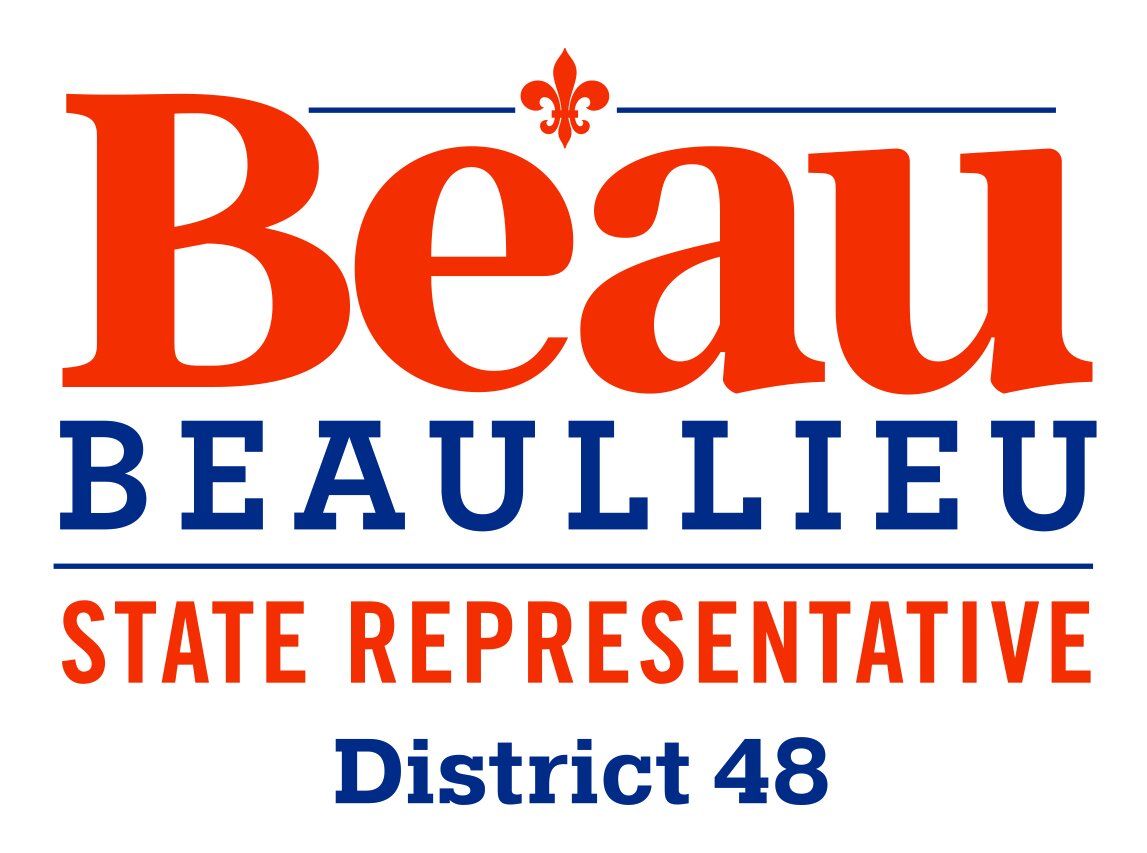Clinton Foundation admits to non-disclosure of $1 million “birthday gift” from foreign government, violating Secretary Clinton’s ethics agreement and kept it from oversight
(Metairie, La.) – U.S. Senator David Vitter (R-La.) today released the following statement upon the Clinton Foundation admitting to the non-disclosure of a $1,000,000 gift from the government of Qatar to the Clinton Foundation for Bill Clinton’s birthday. The non-disclosure violates a 2009 ethics agreement then-Senator Hillary Clinton signed to be nominated for the position of Secretary of State, and testimony she gave before Congress. Vitter was one of two Senators to vote against Secretary Clinton’s nomination, mainly due to the lack of oversight of Clinton’s conflicts of interest regarding the Foundation’s foreign donations.
“Hillary Clinton clearly thinks the rules do not apply to her, a sentiment the American people are sick and tired of seeing from Washington political elites,” said Vitter. “By refusing to disclose donations from foreign governments to ethics officials, Hillary Clinton directly violated the conditions of her nomination to be Secretary of State. She has shown she has no regard for the security of our classified information and this shows she can’t even follow simple ethics rules she swore to uphold.”
On December 12, 2008, the Clinton Foundation entered into an agreement with the newly elected Obama Administration via a Memorandum of Understanding (MOU), which determined that as Secretary of State, Hillary Clinton would not conduct affairs with any person or organization with which she is negotiating or has any arrangement concerning prospective employment, or financial interest. The MOU clarified the Clinton Global Initiative (CGI) would be separated from the Foundation and would no longer accept contributions from foreign governments and would suspend plans for events outside the United States during Secretary Clinton’s tenure. Additionally, the MOU stated that a State Department designated agency ethics official would manage conflicts of interest or even the appearance of conflicts of interest:
“A designated agency ethics official will review and advise her with respect to any activity that may be imputed under 18 U.S.C 208 or any other applicable law or regulation, to her as a potential or actual conflict of interest.” (Emphasis added)
On January 13, 2009, the Senate Committee on Foreign Relations held a confirmation hearing for Clinton to be Secretary of State. During the hearing, Vitter and Committee Ranking Republican Senator Richard Lugar (R-Indiana) questioned Clinton on potential conflicts of interest between CGI and the State Department, including suspect donations from foreign governments – pressing her to adopt higher standards to avoid future conflicts of interest. Vitter questioned the strength of the MOU, which put the burden of transparency on CGI, and when he called for a stronger MOU that would ensure a higher standard of federal oversight, Clinton responded, “CGI is not in the Memorandum of Understanding because they already have a practice of disclosing all of their contributions. There is no need to require it.”
Senator Lugar detailed the shortcomings in the five-page MOU and asked Clinton to agree to ceasing acceptance of new foreign contributions while serving as Secretary of State, to which she responded the agreement was sufficient based on, “My husband doesn’t take a salary. He has no financial interests in any of this. I don’t take a salary. I have no financial interests.”
Additionally, the MOU stated that “apart from attendance fees for CGI, it will not accept contributions from foreign governments.” After being pressed by Vitter on this issue, Clinton promised to provide further disclosures related to foreign donors as well as to provide an addendum to the Committee. It’s now clear they did not disclose the $1,000,000 donation from Qatar.







